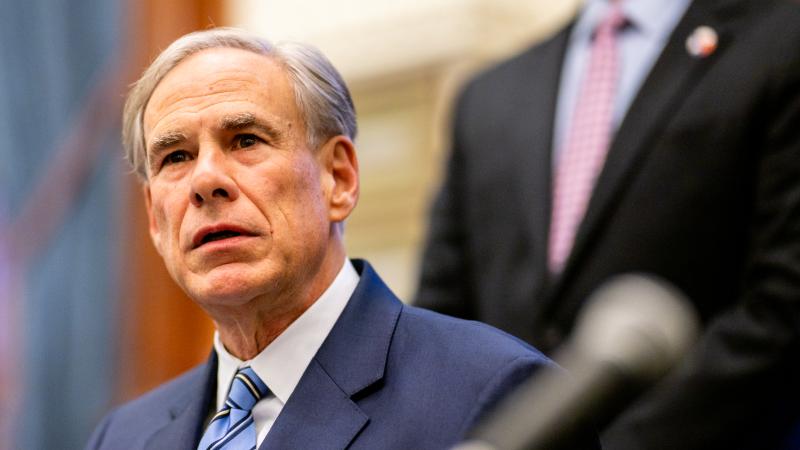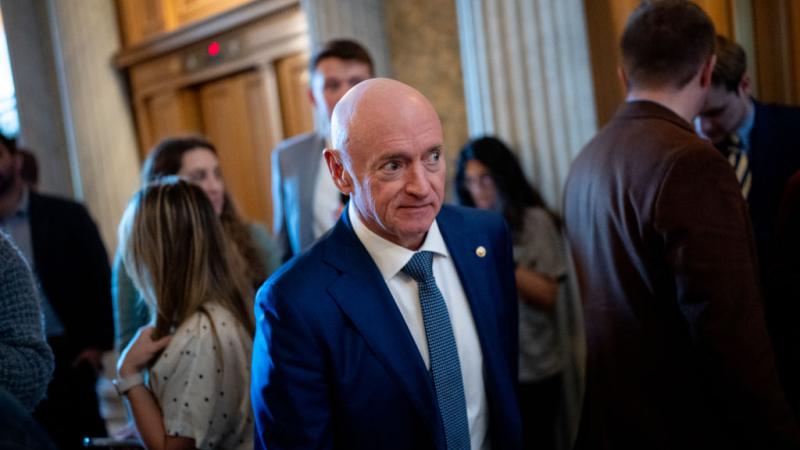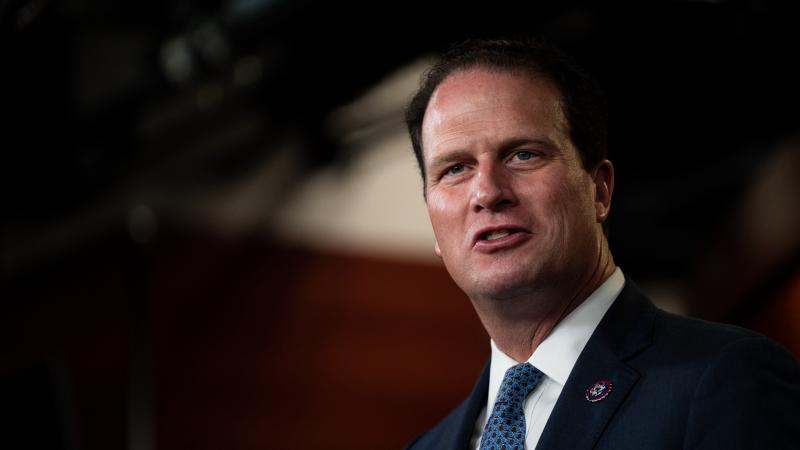Speaker Johnson touts rescissions packages to codify DOGE cuts: 'First of many'
“Every dollar matters. We are serious about this. The Republican Party is doing everything we can to be careful stewards,” Johnson said during a news conference. “This rescission package is a critical step, and it's one of many.
(The Center Square) -
With the House Rules Committee meeting Tuesday to send the White House’s rescissions package to the floor, Speaker Mike Johnson, R-La., outlined to reporters how Republicans plan to launch “a multifront war against the deficit.”
“Every dollar matters. We are serious about this. The Republican Party is doing everything we can to be careful stewards,” Johnson said during a news conference. “This rescission package is a critical step, and it's one of many. There'll be several of these that will come from the White House who work together with the administration to cut out all the fraud, waste and abuse.”
The legislation, compiled by the Office of Management and Budget, requests the cancellation of $9.4 billion in already appropriated federal spending deemed wasteful by the Department of Government Efficiency. This includes $8.3 billion for “woke” or non-lifesaving foreign assistance and $1.1 billion for “politically biased” public broadcasting systems.
Johnson also praised the more than $1.6 trillion in deficit-reducing savings found in the House’s massive budget resolution – also known as the One Big Beautiful Bill Act – that Senate Republicans are now wrangling with.
Democrats have criticized Johnson and others for painting the legislation as fiscally responsible when budget watchdogs estimate it will add trillions to the debt and deficit. The 10-year policy megabill extends the expiring 2017 Tax Cuts and Jobs Act, resulting in trillions of lost revenue, and fulfills President Donald Trump’s energy, border security and defense agenda.
Trump has also asked Republicans to codify an additional $163 billion in DOGE-style cuts via the annual appropriations process, where lawmakers write up 12 comprehensive funding bills that provide money for federal agencies to spend on programs.
Another source of possible deficit reduction lies in tariff revenue. The Congressional Budget Office has estimated that if Trump’s tariffs remain in place over the next decade, they could reduce federal deficits by $2.8 trillion, as The Center Square reported.
“You've all heard me say you can't make deficits in debt disappear overnight, but we're at it, and we're going to continue this step-by-step process to get our fiscal house in order and do right by the taxpayers,” Johnson promised Tuesday. “We're chipping away at it every day, and the rescissions [package] vote on Thursday is an important signal.”













